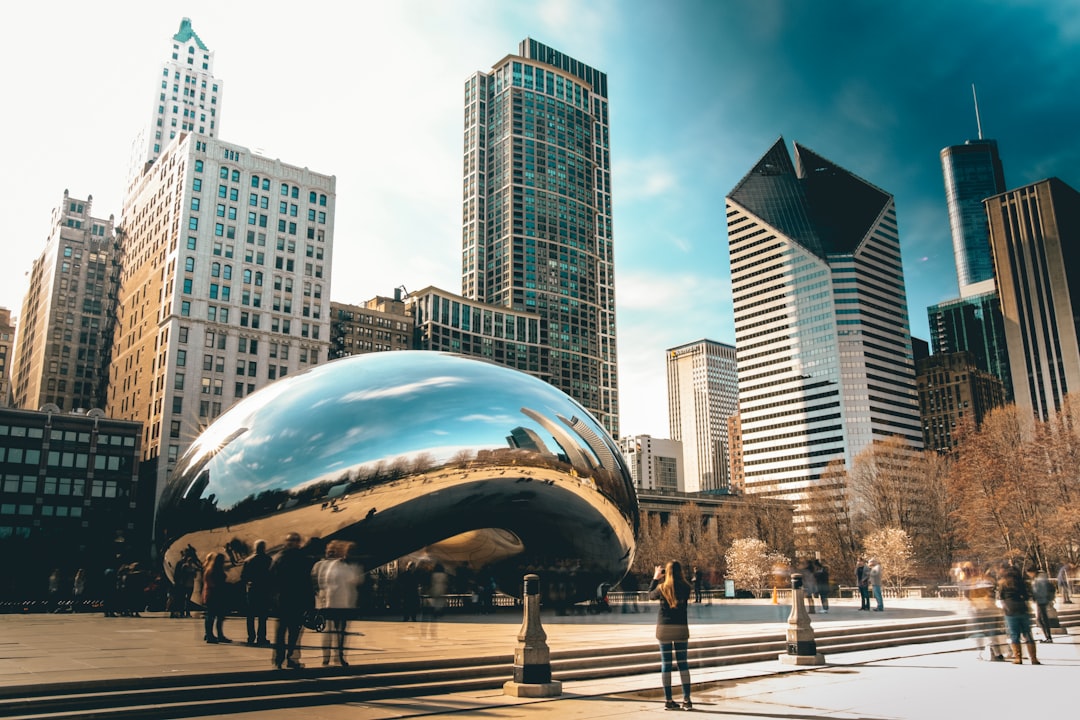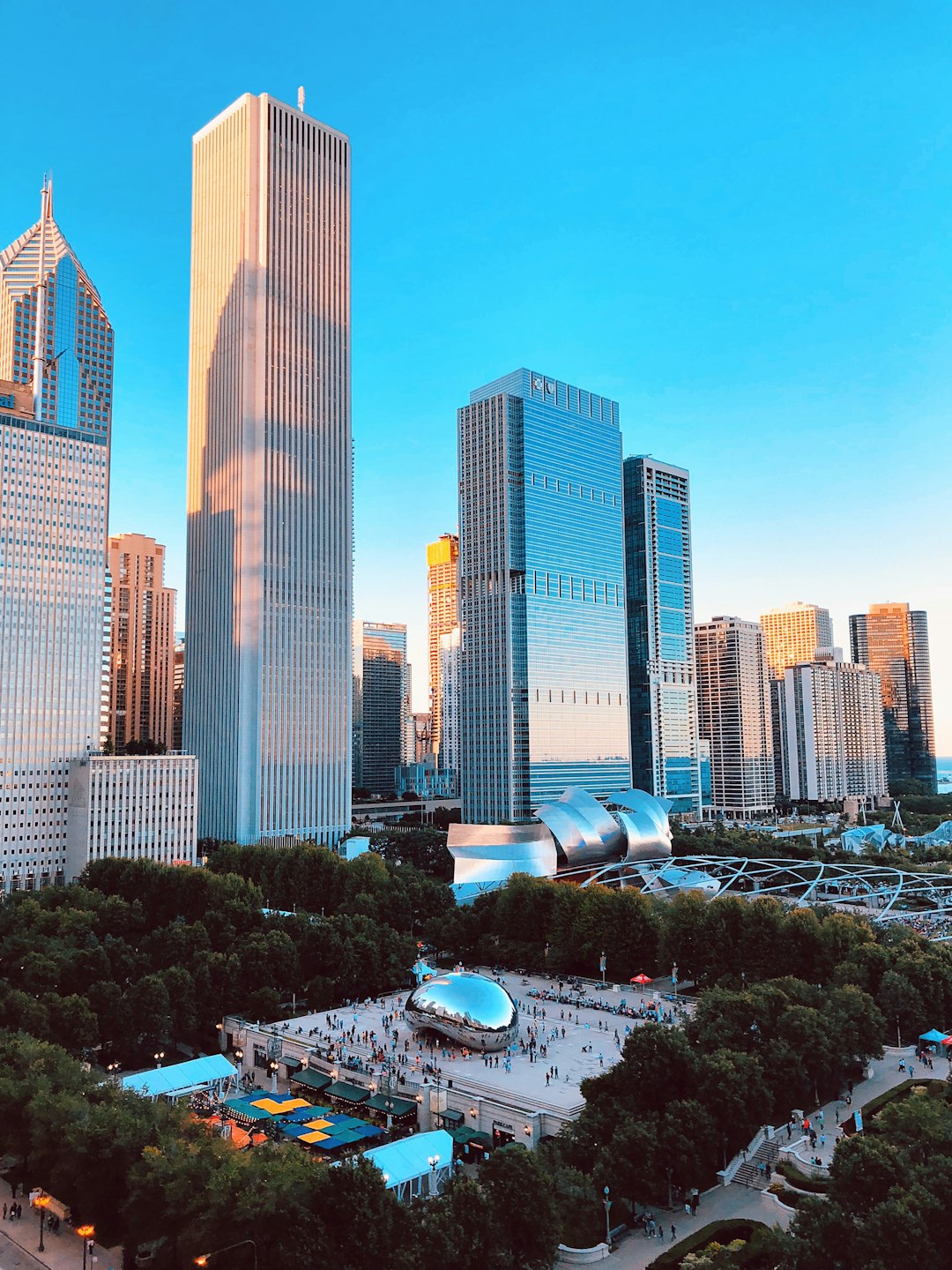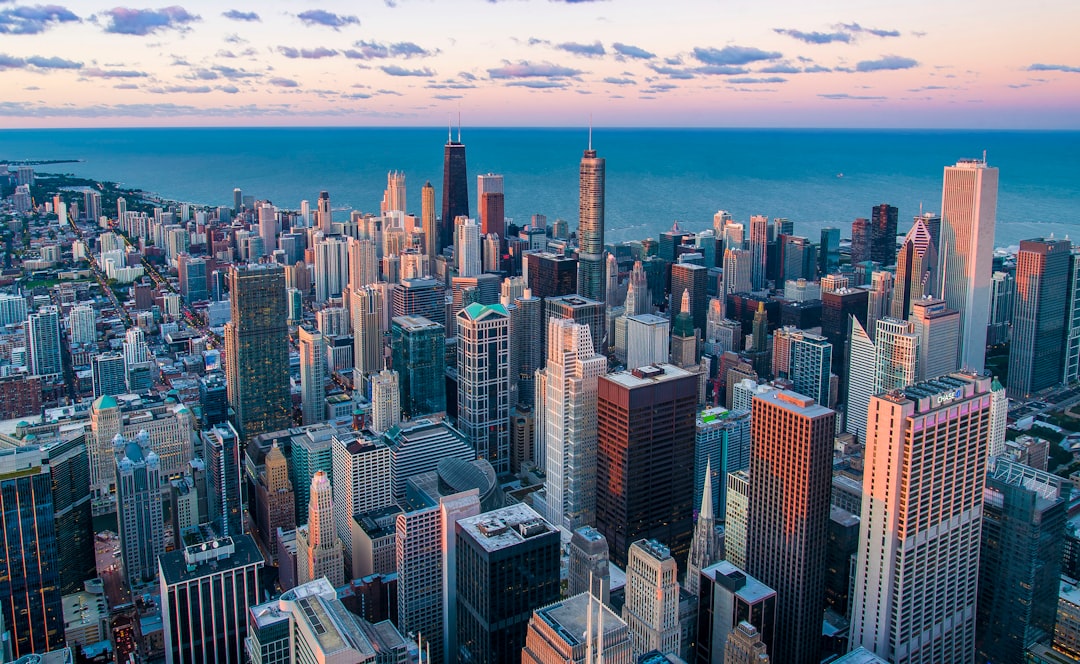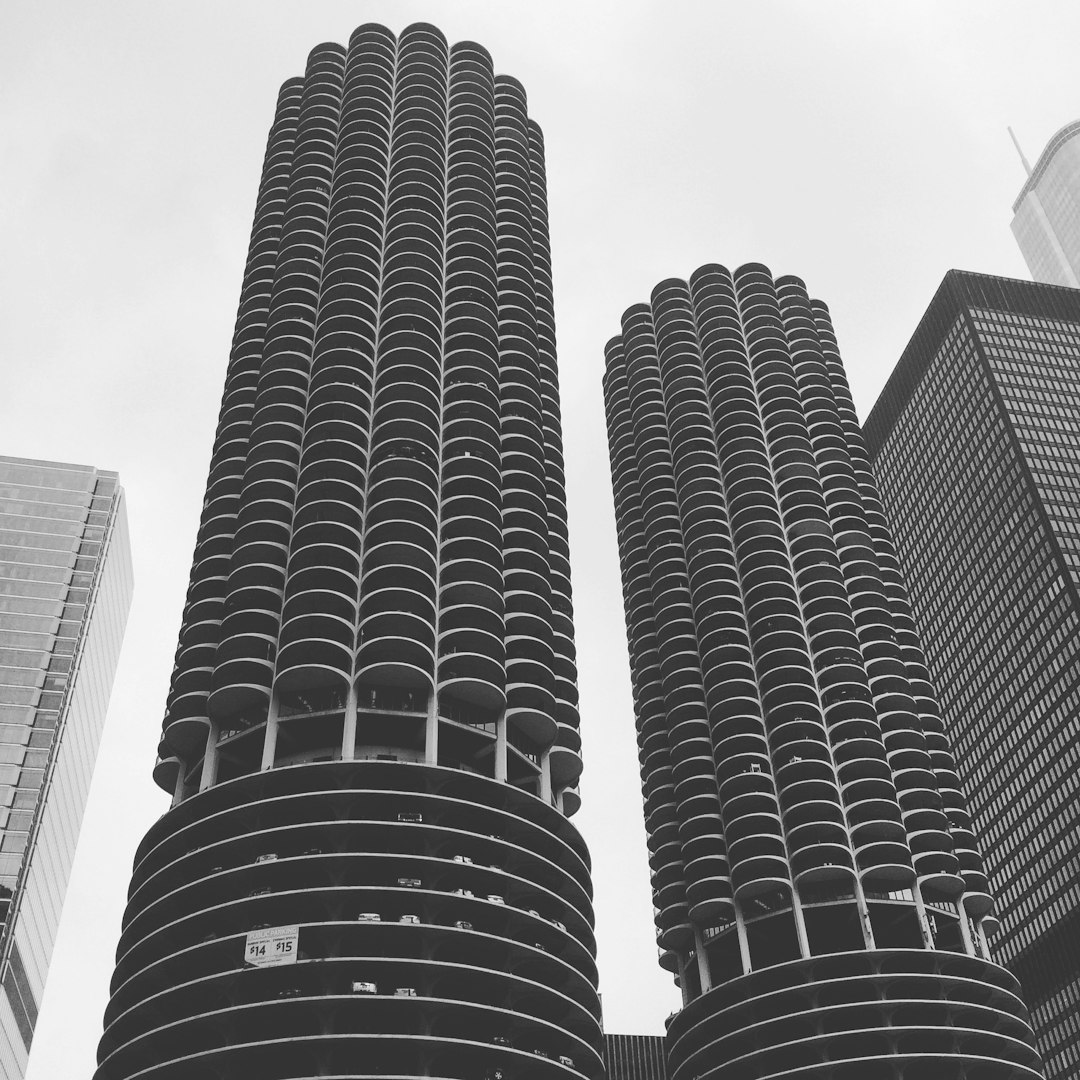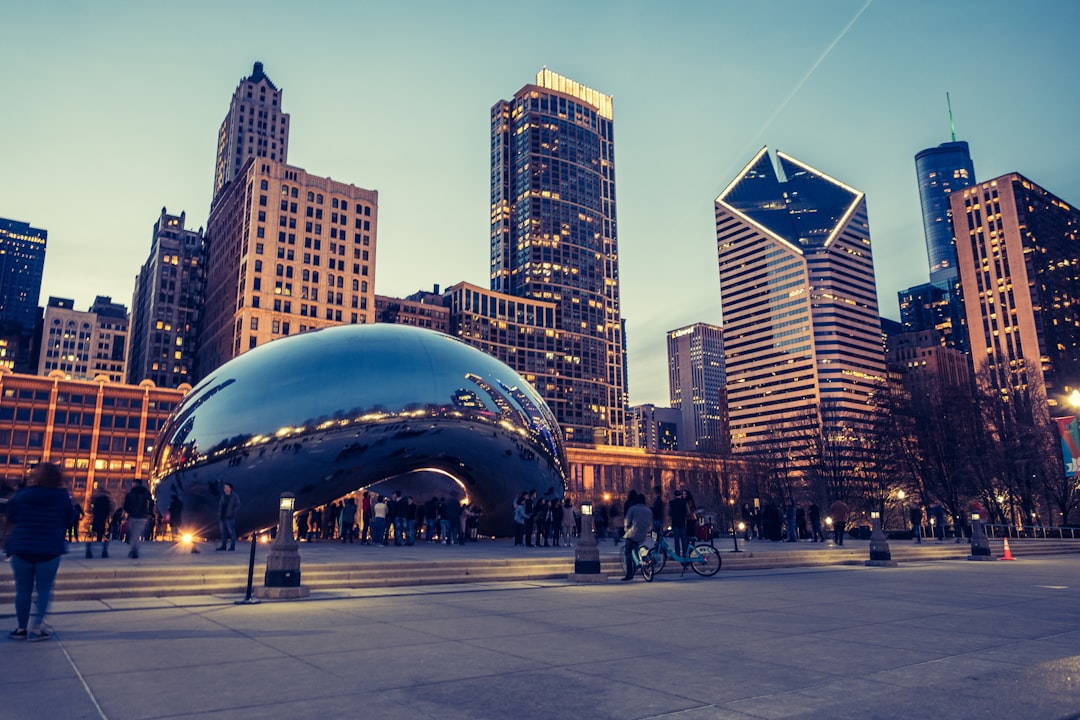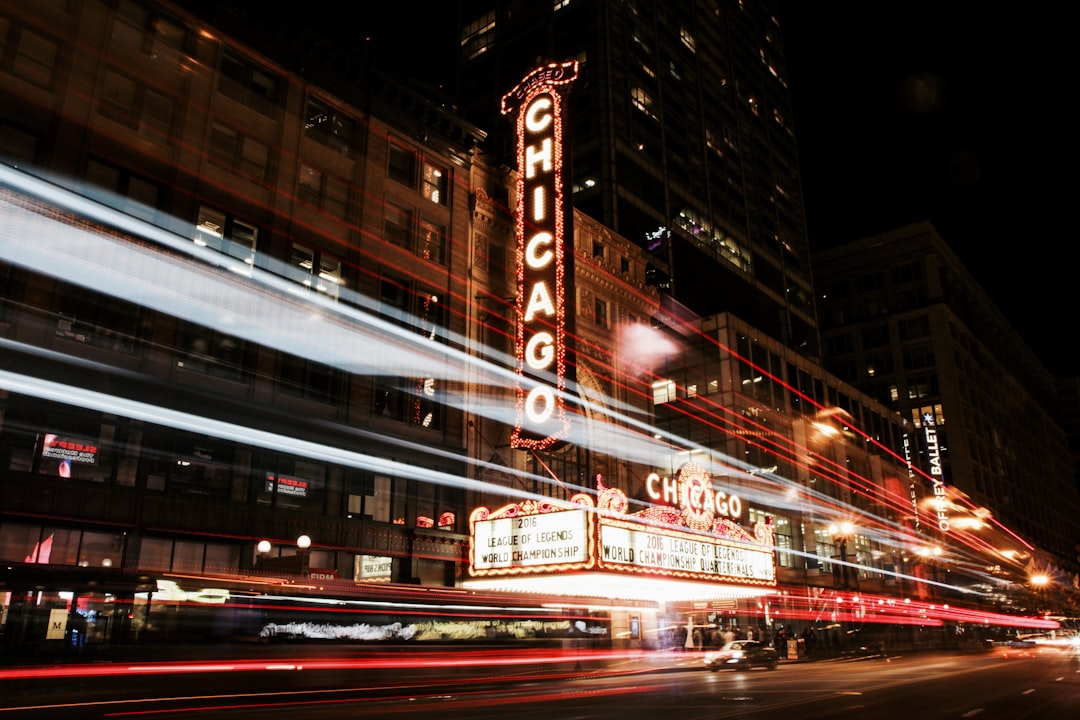Chicago's strict telemarketing regulations protect residents from unwanted calls. Businesses must adhere to rules set by the Illinois Commerce Commission and respect "Do Not Call" lists. By educating customers about unauthorized calls and participating in awareness efforts, businesses can reduce scams and foster community trust. Engaging educational sessions highlight benefits of opting out and legal protections for businesses. Campaign success is measured by long-term impact on consumer experiences and business regulations, leading to a healthier local economy. Key SEO keywords: Do not call Lawyer Chicago, Do not call attorney Chicago, etc.
In Chicago, navigating telemarketing regulations is key to fostering a robust local business environment. This article guides businesses on how to encourage their peers to participate in telemarketing awareness efforts, ensuring compliance with local laws like the ‘Do Not Call’ regulations. We’ll explore strategies to engage companies, educate them on legal implications, and measure the success of these initiatives, ultimately enhancing Chicago’s business landscape while respecting consumer rights.
Understanding Telemarketing Regulations in Chicago
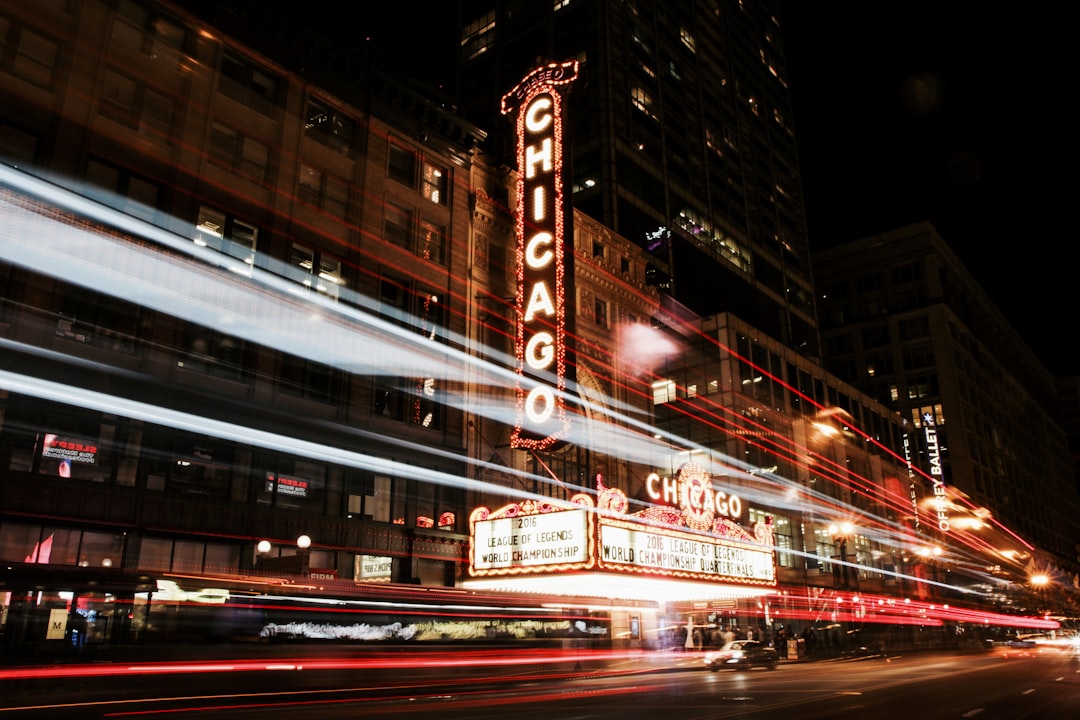
In Chicago, like many cities, telemarketing is regulated to protect residents from unsolicited calls and ensure fair business practices. Businesses operating within the city limits must adhere to specific rules set forth by local laws and the Illinois Commerce Commission. One key regulation involves the “Do Not Call” lists, which include both state and national databases that businesses are required to respect. Chicago has its own Do Not Call Registry, and any calls made to listed numbers without prior consent are prohibited. This means that local businesses engaging in telemarketing activities should have robust systems in place to verify consumer opt-in and ensure they’re not contacting individuals on the registry.
Furthermore, Chicago’s City Ordinance restricts the timing of certain telemarketing calls, prohibiting them during early morning or late evening hours (typically before 7 am or after 9 pm). Additionally, businesses must provide clear disclosures and give consumers the right to stop receiving calls at any time. For local companies looking to participate in telemarketing awareness efforts, understanding and complying with these regulations is paramount. Engaging with a lawyer specializing in Do Not Call laws, like those found in Chicago, can help ensure that business practices remain compliant and respectful of consumer preferences.
Building a Compelling Case for Business Participation
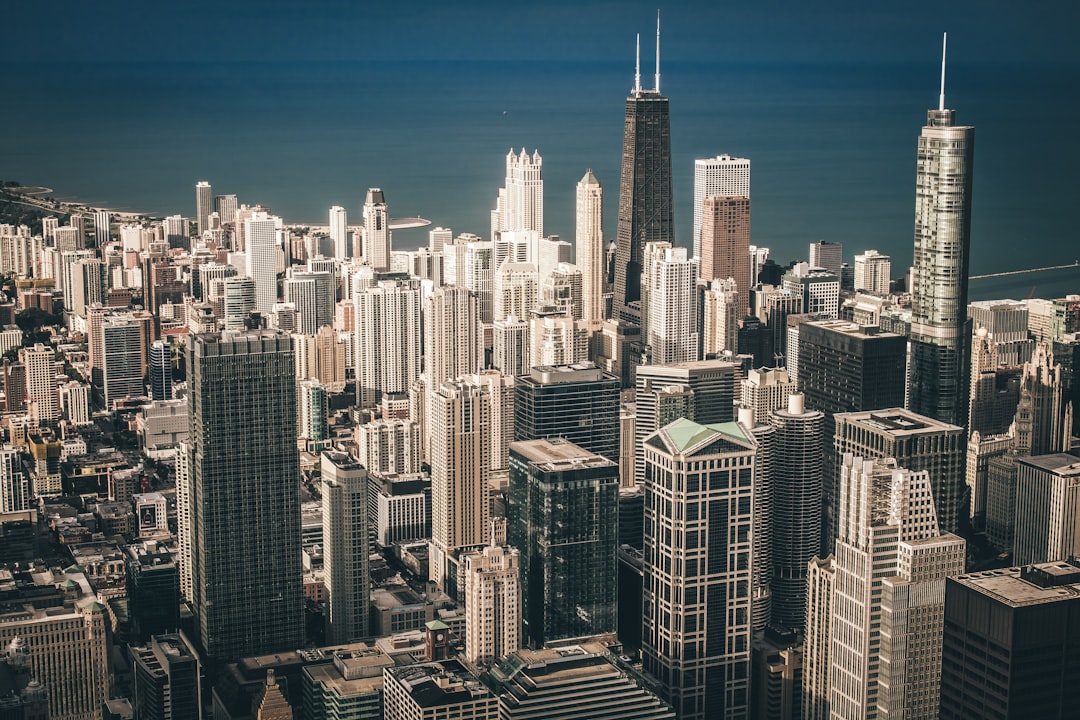
In Chicago, encouraging local businesses to participate in telemarketing awareness efforts is a strategic move that can significantly benefit the community. To make a compelling case for their involvement, emphasize the positive impact on both business and consumers. Local companies can play a crucial role in educating customers about the dangers of unauthorized calls, specifically targeting those from law firms or attorneys (Do not call lawyer Chicago, Do not call attorney Chicago, etc.). This awareness can lead to a decrease in scam attempts, fostering a safer environment for residents.
By participating, businesses contribute to a city-wide effort that enhances customer trust and loyalty. They can help Chicagoans recognize legitimate marketing practices, ensuring only informed consent is given for phone calls from any organization, including law firms (Do not call law firm Chicago). This proactive approach positions local enterprises as community advocates, fostering goodwill and potentially opening doors to enhanced partnerships and collaborations within the city.
Strategies to Engage and Educate Local Companies
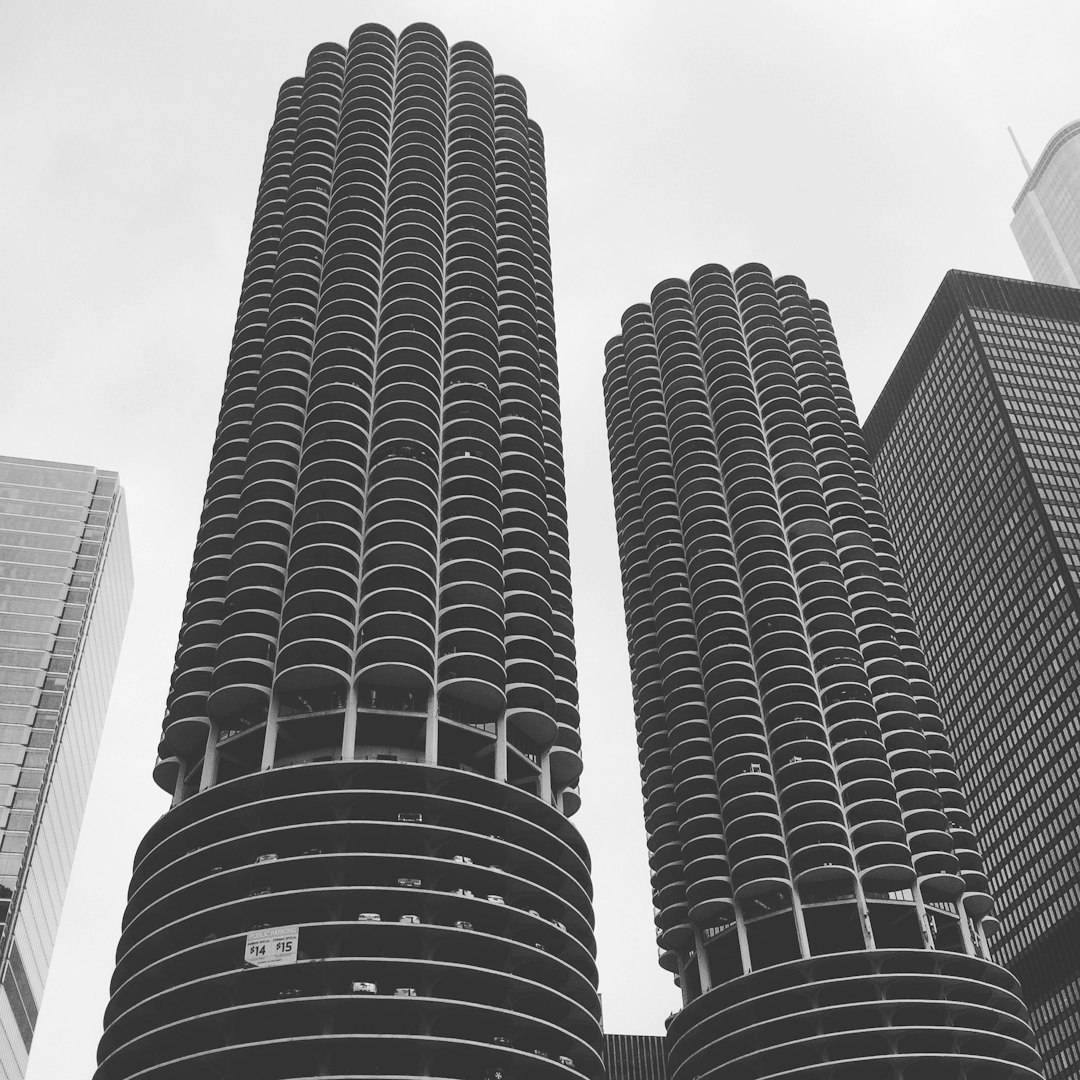
To encourage local businesses in Chicago to participate in telemarketing awareness efforts, it’s essential to engage and educate them effectively. One powerful strategy is to highlight the benefits of opting out of unwanted calls, focusing on how this can improve their operational efficiency and customer satisfaction. By providing clear data on call volume reductions and increased productivity, business owners can see firsthand the positive impact on their daily operations.
Additionally, hosting informational sessions or webinars tailored to Chicago’s business community can be highly effective. These events should cover topics like understanding consumer privacy laws, such as the Do Not Call Registry, and how registering their business can protect them from potential legal issues, especially when it comes to lawyer-related telemarketing calls (e.g., Do not call lawyers Chicago). Educating local companies about these measures will foster a sense of responsibility and encourage proactive participation in awareness campaigns.
Measuring Success and Long-term Impact
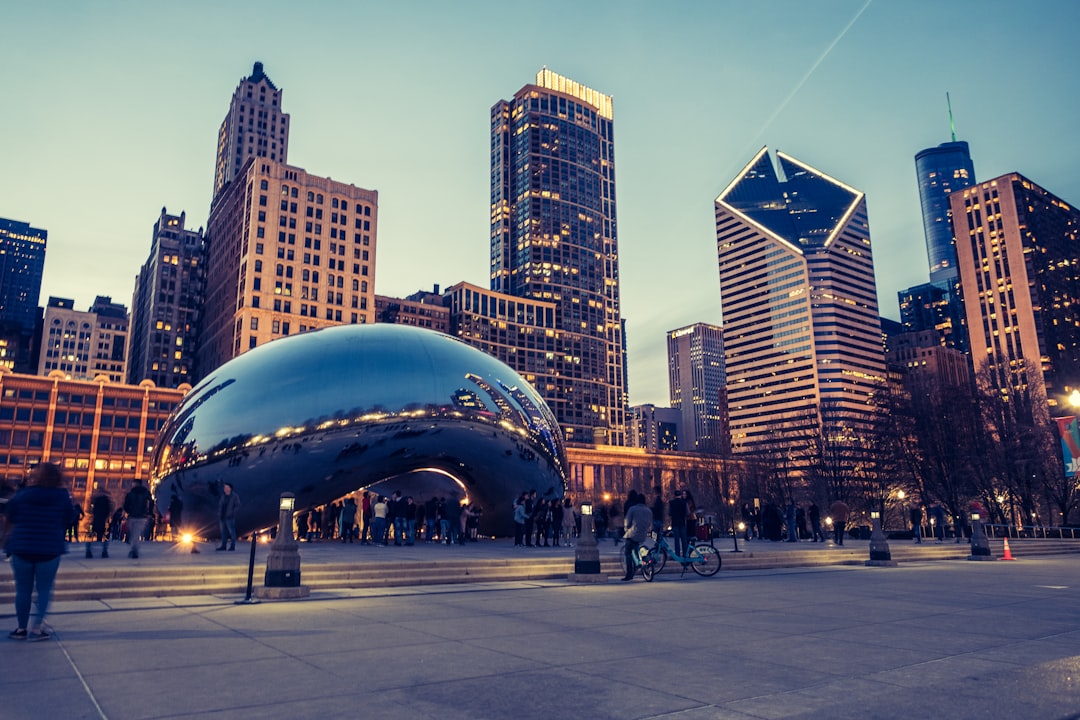
Measuring success and assessing the long-term impact of telemarketing awareness campaigns is crucial to understanding their effectiveness. While immediate responses, like increased business participation or reduced complaint calls, are encouraging signs, they only scratch the surface. A comprehensive evaluation should consider the broader implications for Chicago’s business community and consumers alike.
Over time, successful campaigns can lead to a more regulated telemarketing landscape in Chicago, reducing unwanted calls from do not call lawyer, attorney, or law firm perspectives. This translates into improved customer experiences, increased trust in legitimate businesses, and a healthier local economy. By fostering awareness, these efforts contribute to a sustainable environment where businesses thrive without overwhelming consumers with unsolicited calls.
